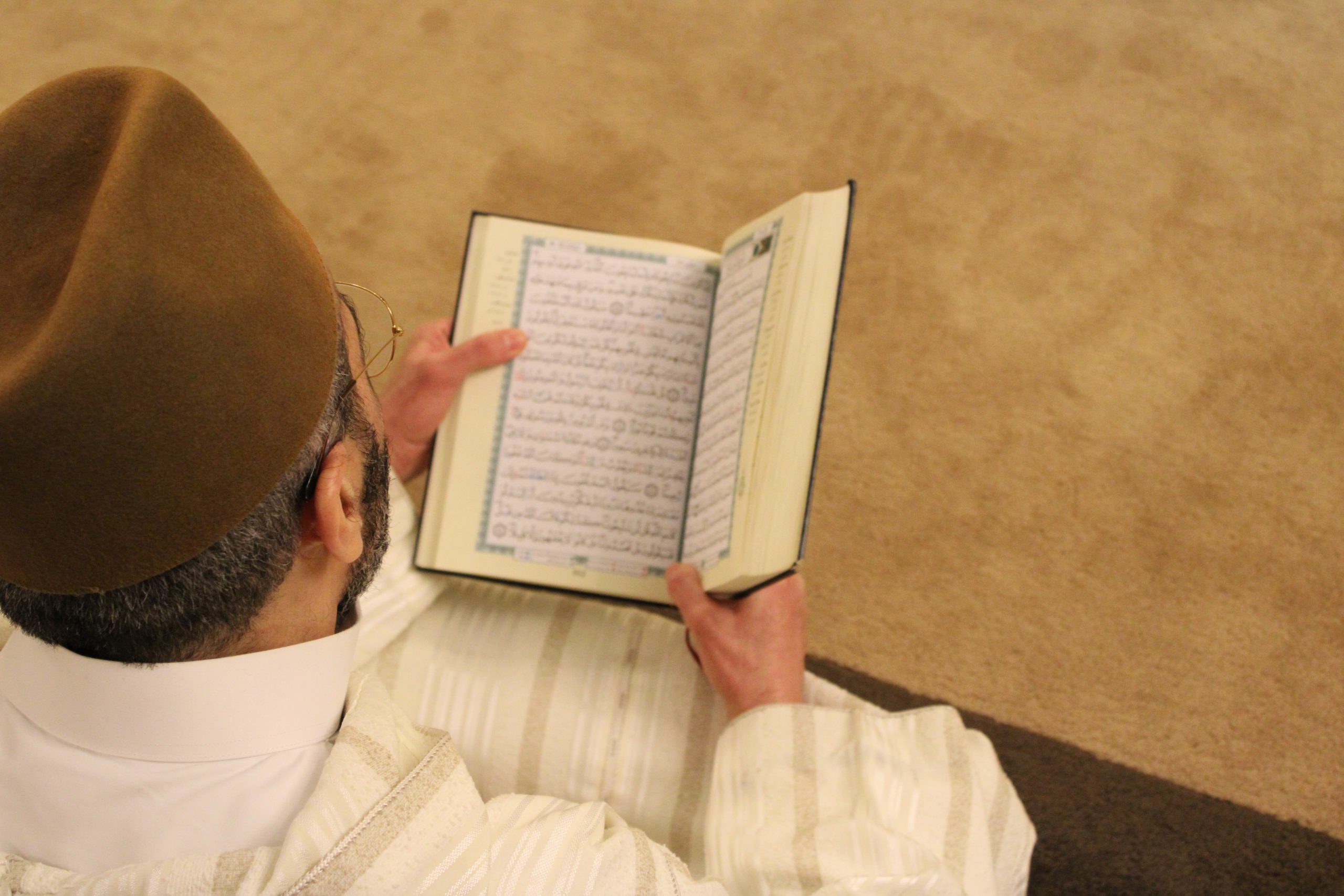Editor’s note (26th March 2020):
While I have the greatest respect and love for Hazrat Mufti Muhammad Taqi Uthmani, Allah preserve him, I must, given my own position and the seriousness of this crisis, state, with respect, that I do not agree with the latest position announced yesterday (25th March) by the Ulama of Pakistan including Mufti Muhammad Taqi Uthmani, to keep masajid open for normal congregation with precautions. I believe this is dangerous and does not take in to account the way this virus works.
We have taken the right decision in the UK and in most of the rest of the world. Yet, for the sake of the Muslims of Pakistan, I must say that this position is risking lives.
My love and respect for the ulama remains inspite of this.
May Allah protect all people all over the world. Ameen.
Shams Adduha Muhammad.
Below is an audio recording of Mufti Taqi Usmani speaking about the Corona virus and what Muslims must do. He addresses misunderstandings about tawakkul and contagious diseases and talks about how should respond to government directives.
Summary of the talk
Mufti sab, may Allah preserve him, make the following points:
- These things happen for a reason. The first thing to do is turn to Allah (Exalted is He) with dua, tawbah, and istighfar (seeking forgiveness).
- Some people believe taking precautionary measures according to the government’s guidelines is against tawakkul (reliance upon Allah). This is incorrect and ignorant. Tawakkul is done after taking precaution. The Prophet (alayhis salah) exhorted us to this as per the hadith, ‘Tie your camel, then trust in Allah.’ As such, taking precautionary measures is a requirement and the standard method of the Prophet (alayhis salam) and the sahaba.
- Some people also think that there is no such thing as a virus or illness spreading from one person to another (communicable disease) based on the hadith, ‘لا عدوى’ (there is no transference of disease). This is also a misunderstanding. This hadith only refutes the belief of the mushrikun of makkah that diseases have the innate ability to transfer from person to person (i.e. the mushrikun did not reference it to the power of Allah). The hadith does not speak against the natural behavior of viral infections and the phenomenon of contagion. As Muslims, we simply believe these things happen by the power of our Lord and their effect although natural and normal as per Allah’s creation, are not necessary in all cases. There is nothing in Islam against contagion.
- As such, if the government gives a directive that is in our best interest and it does not go against an important obligation of shari’ah, it is obligatory upon us to follow that directive.
- In such situations, if the government says, for example, you can’t shake hands, then it is obligatory to refrain from it (as shaking hands is a sunnah not an obligation).
- The same is true of gatherings. If the government gives the directive, they should be avoided or minimised if they are not necessary such as large wedding gatherings (which can be kept simple).
- However, Mufti sab does not agree with the decision to stop jumu’a taken in some countries on the basis that jumu’a is no longer obligatory. The jumu’a remains obligatory. However, it can be reduced to the minimum of the fardh: with wudhu, sunnah prayers etc, done at home, cancelling talks before the jumu’a, space created between the lines etc. All the extra things can be cut out but the jumu’a should remain with all of the necessary precautions in place to minimise the spread of the virus.



